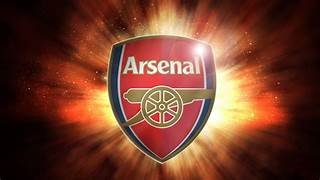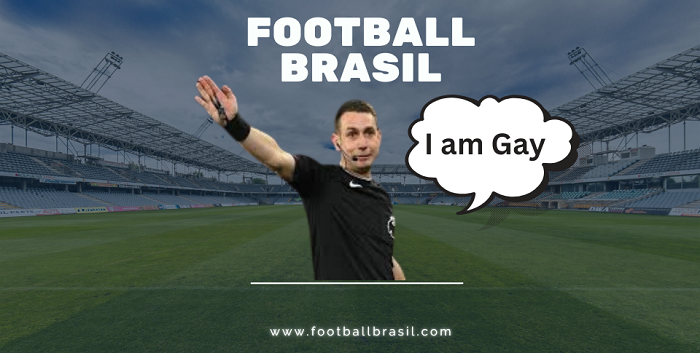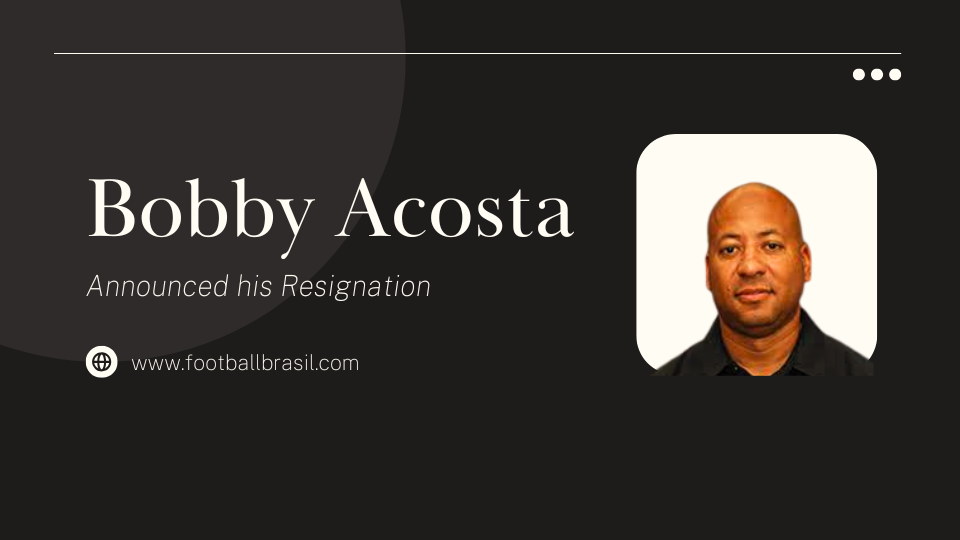Barcelona’s efforts to strengthen their squad for the second half of the season have hit a major roadblock, as La Liga and the Royal Spanish Football Federation (RFEF) have rejected the club’s registration of Dani Olmo and Pau Victor. This development comes after Barcelona’s high-profile signing of Olmo from RB Leipzig for €60 million and the acquisition of Victor earlier in July. The rejection has left the Catalan giants scrambling to address the situation and potentially resorting to legal action.
Background of the Transfers
Barcelona had been working diligently to secure reinforcements ahead of the 2023/24 season. Dani Olmo, a highly sought-after attacking midfielder, was brought in from RB Leipzig in a deal worth €60 million. The move was seen as a significant statement of intent by Barcelona, as Olmo’s creative and goal-scoring abilities were expected to bolster their attacking options. Meanwhile, Pau Victor, a promising young talent, was signed in July as part of Barcelona’s long-term vision to integrate emerging players into their squad.
However, due to La Liga’s stringent financial regulations, Barcelona initially registered both players only for the first half of the season. The club intended to revisit their registrations in January, once they had the opportunity to address the league’s wage cap requirements and provide the necessary documentation to justify an increased spending limit.
La Liga’s Wage Cap Regulations
La Liga’s wage cap system is designed to ensure financial stability among its clubs. The regulations limit the amount clubs can spend on player wages and transfers based on their revenue and financial health. While this system has been praised for promoting fiscal responsibility, it has also posed significant challenges for clubs like Barcelona, who have been grappling with financial difficulties in recent years.
Barcelona’s financial struggles have been well-documented, with the club taking drastic measures to reduce their wage bill and comply with La Liga’s rules. Despite these efforts, their ability to register new players has been constrained, leading to situations like the current one involving Olmo and Victor.
The Rejection of Registrations
Barcelona’s attempt to register Dani Olmo and Pau Victor for the second half of the season was met with rejection from both La Liga and the RFEF. According to reports, the club submitted the required documentation to extend their spending limit, which would have allowed them to accommodate the salaries of Olmo and Victor. However, the timing of the submission appears to have been a critical factor in the decision.
Sources indicate that Barcelona’s documentation was provided after the deadline set by La Liga, rendering it invalid for the current registration period. As a result, the league and the RFEF refused to approve the registrations, leaving Olmo and Victor ineligible to participate in competitive matches for the remainder of the season.
Barcelona’s Response
Unsurprisingly, Barcelona have expressed their dissatisfaction with the decision and have vowed to challenge it. The club’s management believes that they acted in good faith and fulfilled all necessary requirements to comply with La Liga’s regulations. They argue that the rejection is unfair and does not take into account the efforts made to address their financial situation.
In a statement, Barcelona confirmed their intention to take legal action to overturn the decision. “We are committed to ensuring that Dani Olmo and Pau Victor can represent our club in the second half of the season. We will explore all available avenues, including legal recourse, to challenge this decision,” the statement read.
Impact on Barcelona’s Season
The rejection of Olmo and Victor’s registrations is a significant blow to Barcelona’s plans for the second half of the season. Dani Olmo was expected to play a key role in the team’s pursuit of domestic and European success. His versatility and ability to operate in multiple attacking positions made him a valuable asset for manager Xavi Hernández.
Pau Victor, while not as high-profile as Olmo, was seen as a player with great potential. His inclusion in the squad would have provided additional depth and allowed Barcelona to rotate their players more effectively during a demanding schedule.
Without these reinforcements, Barcelona will need to rely on their existing squad to navigate the challenges ahead. While the team boasts considerable talent, the absence of Olmo and Victor could limit their options and impact their ability to compete at the highest level.
Broader Implications
The situation also highlights the ongoing challenges faced by Barcelona in adapting to La Liga’s financial regulations. The club’s financial troubles have forced them to make difficult decisions, including the departure of key players and the restructuring of contracts. While these measures have helped stabilize their finances, they continue to face hurdles in complying with the league’s strict requirements.
For La Liga, the rejection underscores their commitment to enforcing financial discipline among clubs. The league’s wage cap rules are designed to prevent overspending and ensure long-term sustainability. However, the rigidity of these regulations has drawn criticism, particularly from clubs like Barcelona, who argue that greater flexibility is needed to address unique circumstances.
The Road Ahead
As Barcelona prepares to challenge the decision in court, the outcome remains uncertain. Legal battles in football can be protracted, and it is unclear whether a resolution will be reached in time to allow Olmo and Victor to play this season. In the meantime, Barcelona will need to focus on maximizing the potential of their current squad and finding alternative solutions to strengthen their team.
The controversy also serves as a reminder of the complex interplay between financial regulations and sporting ambitions in modern football. Clubs must navigate a delicate balance between adhering to rules and pursuing success on the pitch. For Barcelona, the rejection of Olmo and Victor’s registrations is yet another chapter in their ongoing journey to rebuild and reclaim their status as one of Europe’s elite clubs.
Conclusion
The rejection of Dani Olmo and Pau Victor’s registrations by La Liga and the RFEF is a setback for Barcelona, highlighting the challenges posed by financial regulations in football. While the club’s management remains determined to overturn the decision, the immediate impact on their squad cannot be ignored. As the legal process unfolds, the situation will undoubtedly be closely watched by fans, pundits, and other clubs facing similar challenges. For now, Barcelona must regroup and find a way to compete effectively with the resources at their disposal.





